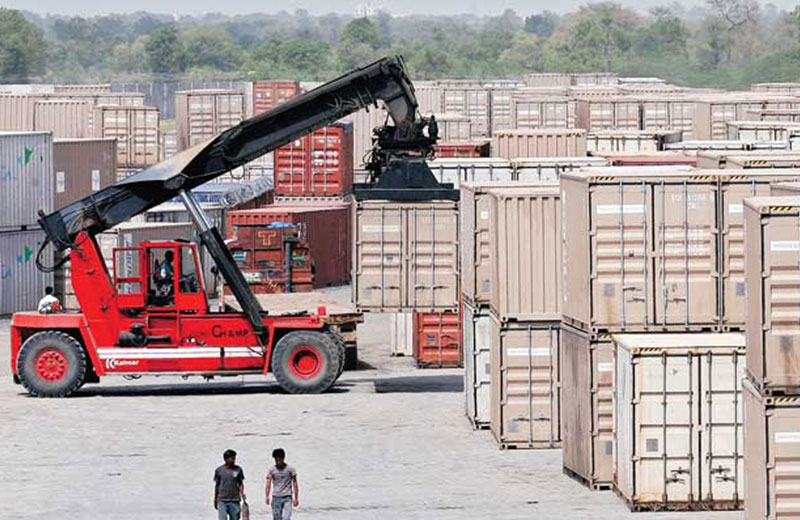[vc_row][vc_column][vc_column_text]
India’s merchandise exports to Britain is set to be adversely affected in the short term, following the referendum that favoured the nation’s exit from the European Union (EU).
The government will keep an eye on the volatility of the British currency, the Pound Sterling, which is set to affect trade in the short term, Commerce minister Nirmala Sitharaman said on Friday.
The Pound plunged to a more-than-30-year low against the dollar on Friday, going down by 12% in intra day trade. As the Pound devaluates, imports by Britain are set to become more expensive. If the nation is unable to transfer that extra cost to consumers, its imports are set to fall.
India’s exports to Britain stood at $8.82 billion in 2015-16, while merchandise goods worth $5.1 billion was imported from the country. This translates into a comfortable trade surplus of $3.63 billion. But this might change as currency volatility hits the British Pound Sterling.
Indian apparel exports will be heavily hurt, which was at an estimated $1.80 billion in the last financial year. These represented India’s largest exports in value terms.
“For apparels, Britain is India’s largest market in the EU, accounting for around 30% of all exports. Its exit would significantly dilute the relevance of the proposed free trade agreement for us. Also, volatility will hit the industry hard at a time we are trying to revive from a five month decline since January this year,” Ashok G Rajani, Chairman of Apparel Exporters Promotion Council, said.
Apart from increasing imports from Britain and EU, British products are also set to compete more with Indian ones in common markets due to its falling value, if its currency continues to remain weak in the medium term.
In the long term also, India’s exports are also set to be affected, trade experts believe. Much of that will depend on what kind of negotiation Britain works out with EU within the two years window available to replace the terms of EU membership.
“If Britain gets the same treatment in terms of Free Tariff and Free Movement of persons, not much will change for India,” SC Ralhan, President of the Federation of Indian Exports Organisations, said. However, if Britain gets the treatment as applicable to a non-member country, it may lead to positive impact on India’s exports to EU as well as to Britain, he added.
India’s engagement with the EU, especially, going by current negotiations, involving the proposed India-EU free trade agreement will also be under review. The broad-based Trade and Investment Agreement (BTIA) will be revisited now on a different template, considering the absence of Britain, India’s third-largest trade partner in the EU.
“My interest will chang because number of tariff lines (products) will change (now). I will calibrate and the EU will also calibrate. Now, they will reassess and we will also be going to reassess,” Commerce Secretary Rita Teaotia said.
[/vc_column_text][/vc_column][/vc_row]








